Subscribe for Newsletter
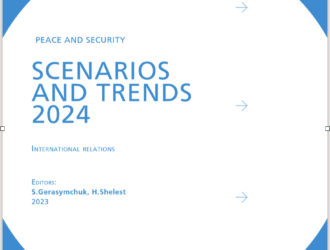
Regional politics throughout Latin America and the Caribbean would be influenced by four main interconnected dimensions: electoral, socio-economic, environmental and a dimension of foreign interference
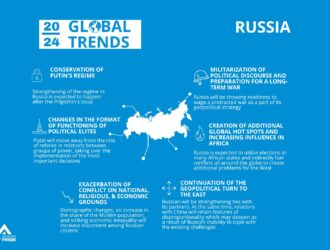
2024 will be a year of relative strengthening of President Putin’s regime. As a result, the Russian president will further move away from the role of referee in relations between influence groups within Russian political elites.
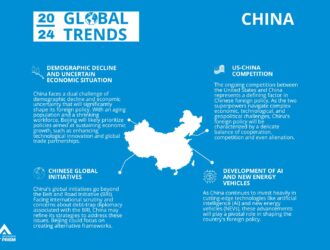
Competition with the United States and Washington’s Chinese strategy, as well as the Chinese approach towards Taiwan, will be a critical trend-making factor for the further evolution of Chinese policies,
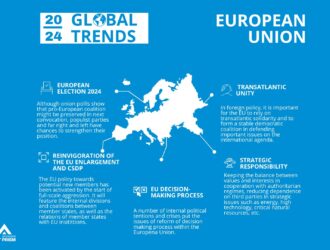
The 2024 elections are intended to reset the EU institutions and establish a new long-term agenda for the Union for the next five years.
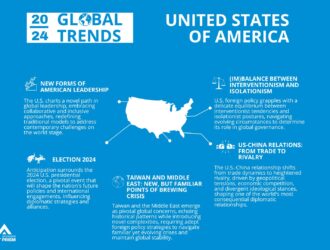
United States political trends lie within three key dimensions: leadership type, stability of the election process and stance towards competitors and threats.

The analysis of trends and scenarios in the development of the international political situation in 2024
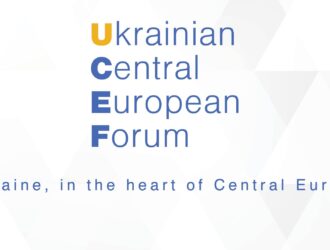
Ukrainian Central European Forum (UCEF) is a discussion platform bringing together prominent thinkers and pundits from all over the region to spot common challenges and craft common visions for a prosperous Central European future.
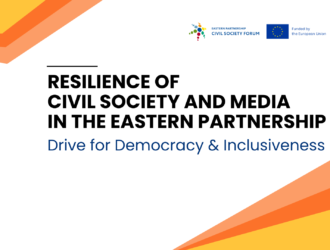
Assessment of promotion and enhancing reforms process by the EU in the countries of the Eastern Partnership within priority “Together for resilient, gender-equal, fair and inclusive societies”
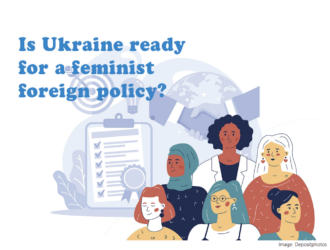
The understanding of the concept of a feminist foreign policy remains quite limited in Ukraine today. It is mostly narrowed down to gender equality in the diplomatic service.
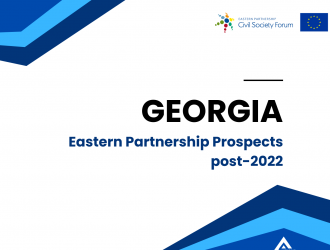
For the past years Georgia has been in a downward spiral vis-a-vis its European integration goals largely due to its deteriorating state of democracy, undermined rule of law and government’s reckless bashing of dissent.
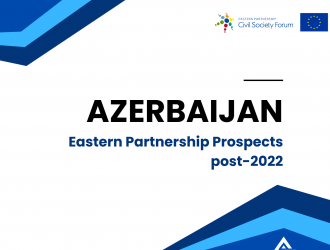
Relations of the European Union with Azerbaijan are based on the principles of equality. Notwithstanding bilateral relations with the EU taking precedence over the course of history, the EaP Multilateral Platform expanded the scope of relations enabling Azerbaijan to exchange views on issues of mutual interests and launch various initiatives.
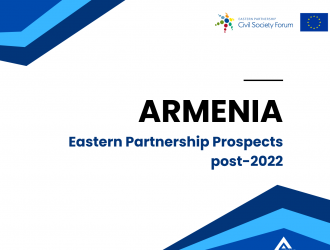
Among those who believe that Armenia is heading to a right direction 82% characterized EU-Armenia relations positively, while among those who believe that Armenia is heading to a wrong direction the percentage is much lower – 58%.


